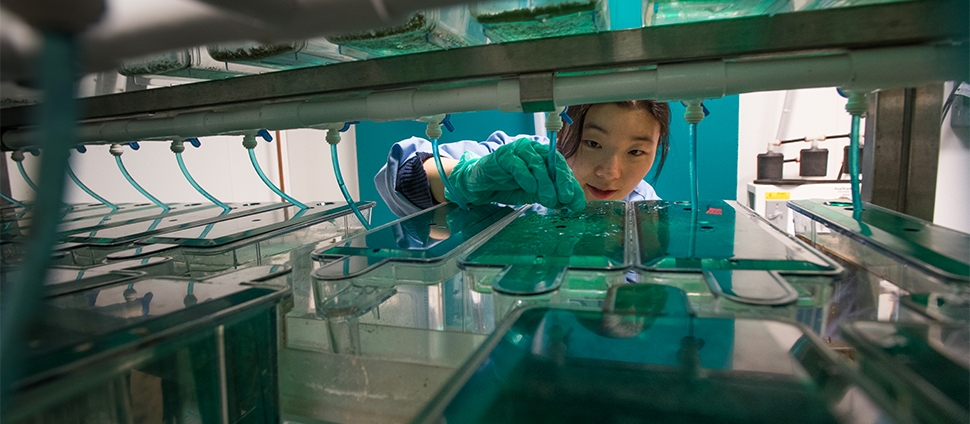Document Type
Article
Publication Date
3-12-2021
Publication Title
The Journal of Heredity
Abstract
Through analyses of diverse microeukaryotes, we have previously argued that eukaryotic genomes are dynamic systems that rely on epigenetic mechanisms to distinguish germline (i.e., DNA to be inherited) from soma (i.e., DNA that undergoes polyploidization, genome rearrangement, etc.), even in the context of a single nucleus. Here, we extend these arguments by including two well-documented observations: (1) eukaryotic genomes interact frequently with mobile genetic elements (MGEs) like viruses and transposable elements (TEs), creating genetic conflict, and (2) epigenetic mechanisms regulate MGEs. Synthesis of these ideas leads to the hypothesis that genetic conflict with MGEs contributed to the evolution of a dynamic eukaryotic genome in the last eukaryotic common ancestor (LECA), and may have contributed to eukaryogenesis (i.e., may have been a driver in the evolution of FECA, the first eukaryotic common ancestor). Sex (i.e., meiosis) may have evolved within the context of the development of germline-soma distinctions in LECA, as this process resets the germline genome by regulating/eliminating somatic (i.e., polyploid, rearranged) genetic material. Our synthesis of these ideas expands on hypotheses of the origin of eukaryotes by integrating the roles of MGEs and epigenetics.
Keywords
epigenetics, eukaryotic diversity, LECA, meiosis, transposable elements, viruses
Volume
112
Issue
1
First Page
140
Last Page
144
DOI
10.1093/jhered/esaa060
Rights
© The American Genetic Association. 2020. All rights reserved.
Version
Version of Record
Recommended Citation
Collens, Adena B. and Katz, Laura A., "Opinion: Genetic Conflict With Mobile Elements Drives Eukaryotic Genome Evolution, and Perhaps Also Eukaryogenesis" (2021). Biological Sciences: Faculty Publications, Smith College, Northampton, MA.
https://scholarworks.smith.edu/bio_facpubs/76


